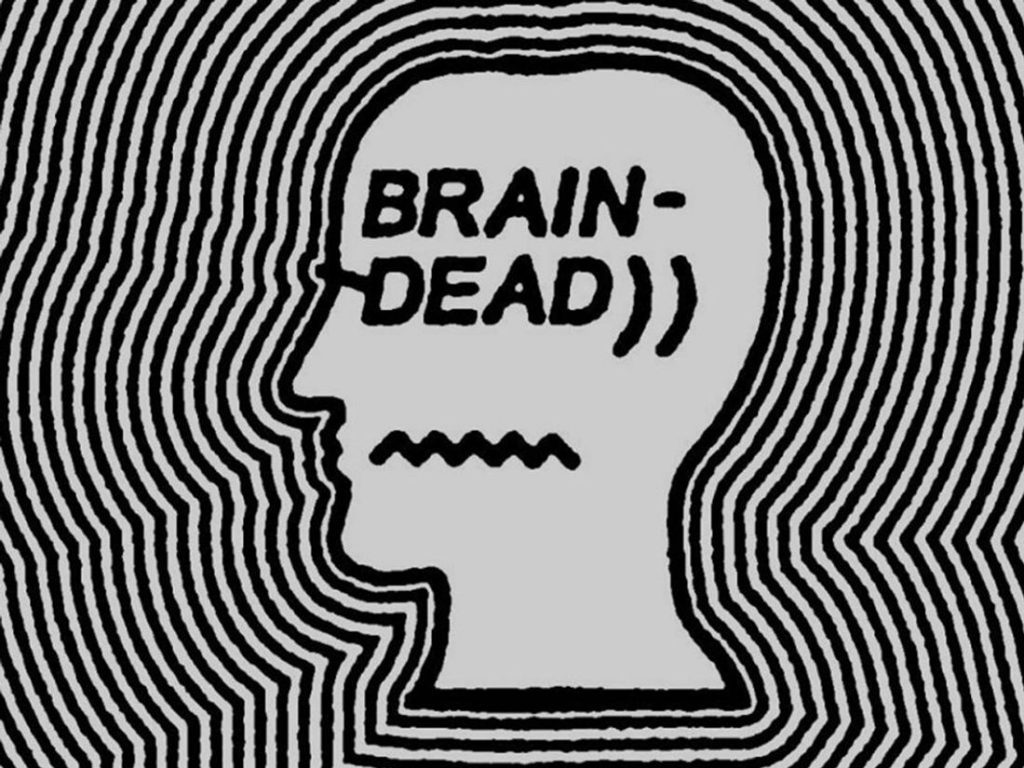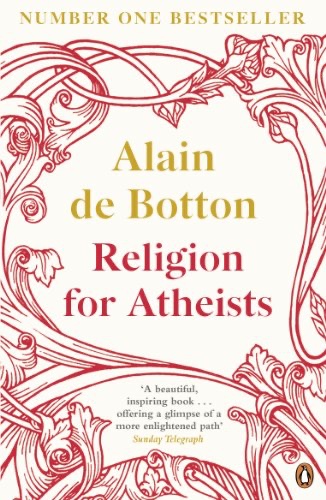
‘Say what you will about the sweet miracle of unquestioning faith, I consider a capacity for it terrifying and absolutely vile.’ [1]
Imagine, if you will, talking with some friends. And later coming away from an apparently convivial gathering. Only to reflect on it, later on, and realise something really quite horribly shocking.
Those people, all smiles and cups of tea, believe that you are not just destined for an eternity in Hell, but that you are in cahoots with Beelzebub! It sounds – at least to what I would call ‘reasonable people’, such as I flatter myself to be – utterly preposterous. And so it is, in my view.
But, if ‘the faithful’ take their religion(s) at all seriously, one has to suppose it’s the kind of thing vast swathes of humanity apparently actually do believe. I only come up against it all occasionally, and when I do, it’s certainly not in the form of Father Jack types drooling and screaming ‘Ye’ll all bourn in Hell!’ [2]
But it bothers me deeply; it’s my roots, where I come from. And it gets me especially where it concerns family and long-standing friends. With terrible irony these folk will reassure me to my face that ‘no, no, we don’t judge you like that’. But, when all is said and done, I simply don’t believe them. What on earth (or in Heaven or Hell’s name) is the point of any of the whole crazy rigmarole if you don’t take it remotely seriously?
I suppose on one level – and that complicates things; religions are so many things – religions are just very bizarre social clubs. And as long as you don’t rock the boat too much, or too often, many doubtless just muddle along, frequently beset by gnawing doubts that it is all a complete crock.
But the trade-off of belonging is, it seems, so seductively powerful it all too often obliterates a person’s better judgement. Doubts are cast as tests of one’s faith, as sinful folly; the whisperings of devils like me! But if mere lip service can suffice, I guess that accounts for a lot?

It’s much the same with law-abiding in our society. Most people will break the law many times in their life, sometimes multiple times in one day (driving?). Mainly in minor ways. And mostly without consequence. And as long as they don’t bump up against the harder edges of The Law’s societal ramifications too often, these unexamined and nebulously elastic relationships just about work.
And I suppose that for vast swathes of humanity their relations to their beliefs are a similar fudge. But when one allies oneself with a religion in contemporary Britain, where science and education have, ostensibly, quite deep roots, surely it bears a little thinking about?
Of course it usually happens that folk believe in the inherited echo-chamber of Chinese-whispers they inherit from those around them. So, to the discomfiture of many Brexiteering Little Englanders, if you’re born in certain pockets of London or the Midlands, your world may be Muslim. [3]
The world I come from is littered with the wreckage of nearly two millennia of Christian traditions. A polymorphous stream of constantly evolving tales, and resultant cultural artefacts, that so obviously makes a total nonsense out of any ideas that religion is handed down from an unchanging divine authority On High. This muddled hotch-potch ossifies into ‘tradition’.
The desire for stability such fantasies so clearly signal is very understandable. But the evidence of history is so overwhelmingly against such notions, in just the same way that archaeology and palaeontology and suchlike confirm not sacred texts, but secular scientific explanations.
How and why folk cling on to religions bewilders me. I can see their utility, giving social cohesion, a sense of community, and whatnot. But why do we need to have a core of absolute twaddle around which to gather and function? Why can we not gather in similar ways around reality and the truth? [4]
Such trains of thought are especially vexing precisely because the pious apparently believe they are concerned with truth. It really and truly galls me that there’s no humanist equivalent to the better parts of religion. But it does seem a prerequisite of successful group cohesion that the group must cohere around some utterly nutty and ridiculous nonsense. Is this a quirk of our psychological evolution?

But returning to the themes that got this post started; in much the same way that one can feel the icy hand of paranoia on one’s shoulder, if one reflects on what devoutly religious folk one knows might actually be thinking, what is the value of cultivating such relationships?
Most religions attempt to encourage their acolytes to socialise amongst their own. And it’s obvious why. Exposure to other ideas and beliefs will challenge and very likely change what it is ‘the faithful’ believe.
And for the secular humanist type, like me, it can seem sensible not to waste one’s time exchanging niceties with people who harbour pre-medieval delusions about a spirit world in which I am, at best, one of the damned, and at worst, a gleeful accomplice of the Devil and his imps.
Some from both camps – secular and faithful – might say ‘lighten up’. And that is indeed good advice. If all religion were treated merely as poetic, that might be a viable stance. But for us non-believers to really be able to contemplate lightening up, requires ardent zealots of the various faiths to ‘hold more lightly’ their cherished delusions. And I don’t see that happening any time soon.
And, to now get really heavy. If push came to shove, and shove came to biff, and so on – as it all too often does – where would I stand? Well, I’d like to stand with reason and humanity. Against unreason and inhumanity.
UPDATE:
I feel I ought to add a little explanatory disclaimer, if that’s the right term?
Although I feel this ought to go without saying (hence not saying it originally!), I don’t necessarily love or like the people who hold views I share more, simply because we share certain outlooks. And equally, I don’t necessarily dislike or disavow folk I disagree with simply because of their views. That process, of evolving relationships, depends on so many factors.
I only add this note because my dad read this, and is a Christian. And he sent me a message that, well… least said soonest mended. And anyway, that’s private family stuff. But he ought to know I love him to bits.
I don’t think it’s that odd, or even very unusual, to love other people but lament some of their views – I mean, this is precisely what the faithful will so often profess – or even how they may sometimes behave. Anyway, Pops, we love ya!
Not that anyone reads this other than me and occasionally a friend or relative. But some folk might counter some of the the above disclaimer thus:
1) I’m claiming for myself exactly what I say the faithful are hypocritical in claiming, namely tolerance of different views. Well, I think my whole case rests contrasting a subjective human position founded on evidence against an alleged repose in Divine authority. So I’m not even going to grace such critiques with a response.
2) Religions, and I’ll limit myself to Christianity for now, complex and multifaceted as they are (what else would a human created system be? The more you dispassionately examine them, the more religions reflect their human origins, as opposed to their supposedly Divine ones), often have parts that – as well as paradoxically condemning their ‘out groups’ – profess to care most for them. Once again, such arguments are freighted so completely with such low-level unexamined assumptions as to be unworthy of reply. Not only is it totally paradoxical, it’s also patronising at a level that only the delusion of Divine sanctions for one’s own beliefs can attain.
NOTES:
[1] Allegedly a quote from Kurt Vonnegut’s Mother Night! Which I recently reviewed here.
[2] Father Jack is a character in the terrific Father Ted TV series.
[3] I’ve experienced this myself. Both reading about it (as in the Price of Paradise, that I’ve just read and reviewed), and in ordinary daily life. Staying in an AirB&B in a certain London borough, some years ago, was the closest I’ve got to being in a ghetto, or visiting India/Asia.
[4] This area of thought brings to mind Alain de Botton’s Religion For Atheists, and suchlike.
